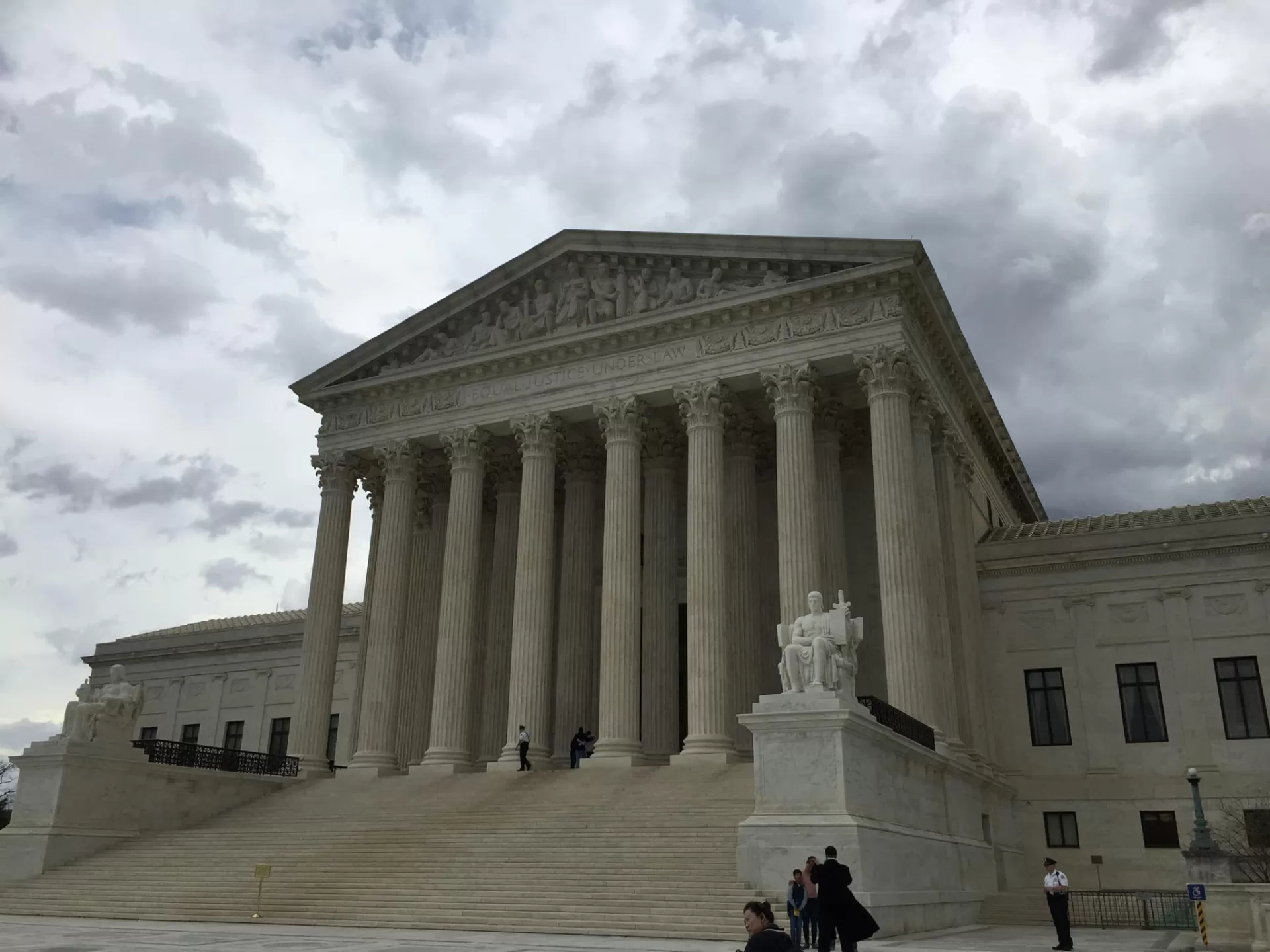Here is Prof. Wagner’s submission to the United States Senate supporting confirmation of Judge Kavanaugh:
United States Senate Committee on the Judiciary
224 Dirksen Senate Office Building
Washington, D.C. 20510-6050
Dear Senators:
My name is William Wagner and I serve as the President of the Great Lakes Justice Center, an organization dedicated to preserving the good governance under the Rule of Law. I hold the academic rank of Distinguished Professor Emeritus (Constitutional Law). Before joining academia, I served as a federal judge in the United States Courts, a Senior Assistant United States Attorney in the Department of Justice, and as a Legal Counsel in the United States Senate. As to the nomination of Brett Kavanaugh to serve on the Supreme Court, I focus my remarks on his qualifications and his record concerning the Rule of Law.
Kavanaugh’s Qualifications
Judge Kavanaugh is eminently qualified to serve as a Supreme Court Justice. After earning his undergraduate degree from Yale College, he attended Yale Law School.
After completing his education, Judge Kavanaugh worked as an attorney for Independent Counsel Kenneth Starr. Thereafter, he served under President George W. Bush at the White House. There he served as counsel and staff secretary. In 2006, the President nominated Kavanaugh to serve on the U.S. Court of Appeals for the District of Columbia Circuit. The Senate confirmed.
Kavanaugh’s Record and the Rule of Law
My review of Judge Kavanaugh’s judicial record shows that he understands the proper role of the judiciary in our constitutional republic. It also reflects that he understands of the proper jurisprudential approach to interpreting the Constitution (i.e., the Constitution is not a living document empowering judges to change it by adding rights with the ink in their pens).
In a recent speech, Kavanaugh affirmed that “a judge must be independent and must interpret the law, not make the law.” His record further suggests he prioritizes the rule of law and precedent over his own personal views about policy.
In Heller v. District of Columbia, Judge Kavanaugh dissented when the D.C. Circuit incorrectly upheld an ordinance banning most semi-automatic rifles. He argued that the Second Amendment included the right to own semi-automatic rifles. Kavanaugh wrote that “our task is to apply the Constitution and the precedents of the Supreme Court, regardless of whether the result is one we agree with as a matter of first principles or policy.” This highlights Kavanaugh’s qualifications to serve as a Supreme Court Justice; a good judge follows the rule of law, regardless of his personal views. Various other decisions written by Judge Kavanaugh further support a proper jurisprudential approach to constitutional interpretation. See Garza v. Hargan (on issues of abortion and immigration), Priests for Life v. HHS (on Obamacare’s contraceptive coverage mandate and religious-liberty), White Stallion Energy Center LLC v. EPA (on EPA regulations), Seven-Sky v. Holder (on Obamacare).
Upon his nomination, Kavanaugh stated that “a judge must interpret the constitution as written, informed by history and tradition and precedent.” This raises the question of whether he considers the Court’s precedents inventing a “right” of personal autonomy/ identity legitimate. Based on his jurisprudential position that judges interpret law, not create law, the answer is likely no. The answer to the question is important because the judicially-invented right serves as the Court’s justification for things like abortion, homosexual conduct, and same sex marriage. If he finds the plain meaning of the Constitution requires states to determine policy matters like these, rather than an unelected imperial judiciary, he could help return the Rule of Law to a nation urgently in need of it.
Respectfully submitted,
//s William Wagner
Distinguished Professor Emeritus (Constitutional Law)
Click below for a PDF version of Prof. Wagner’s submission:










